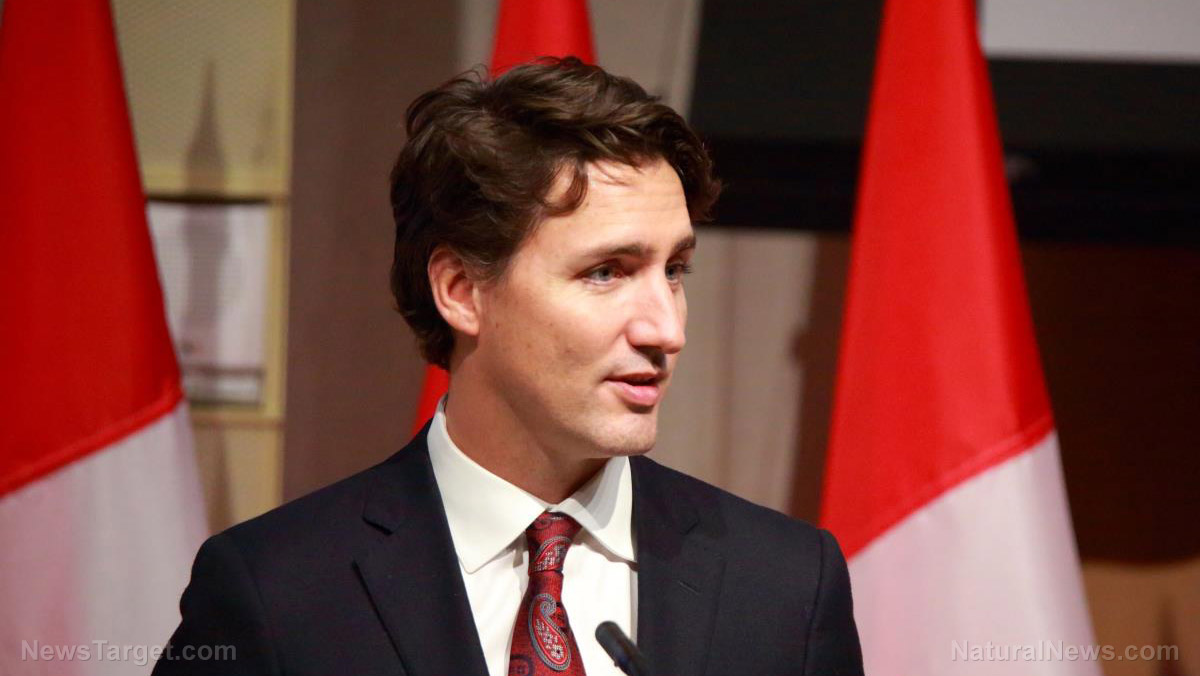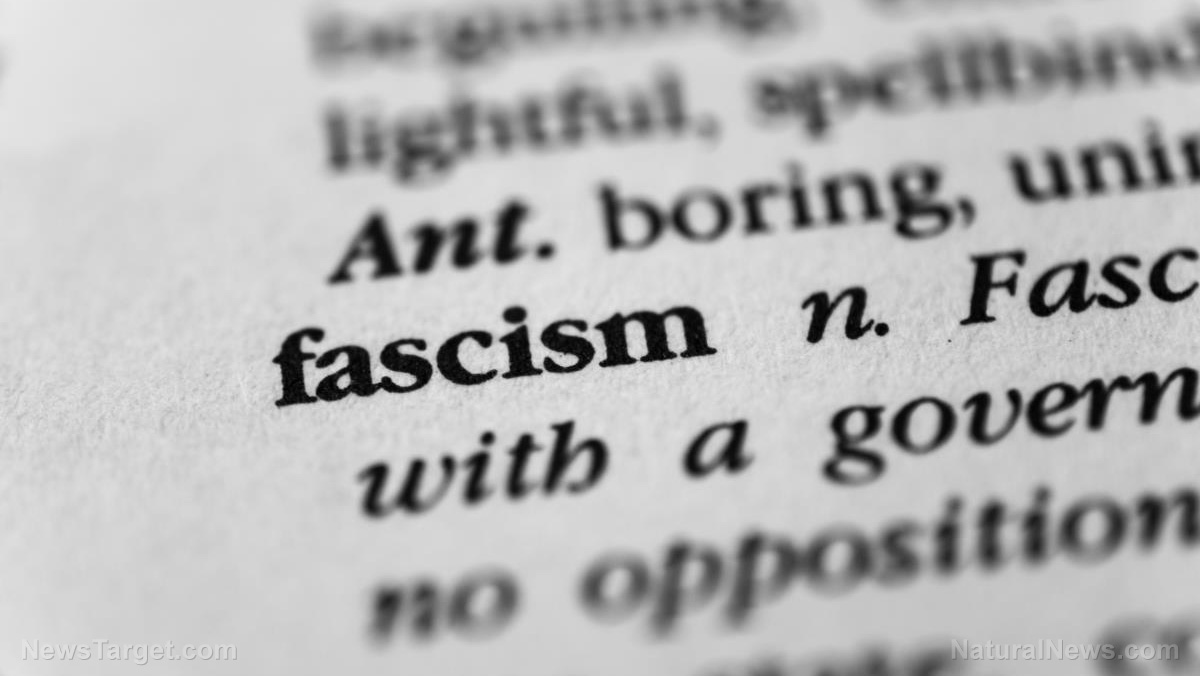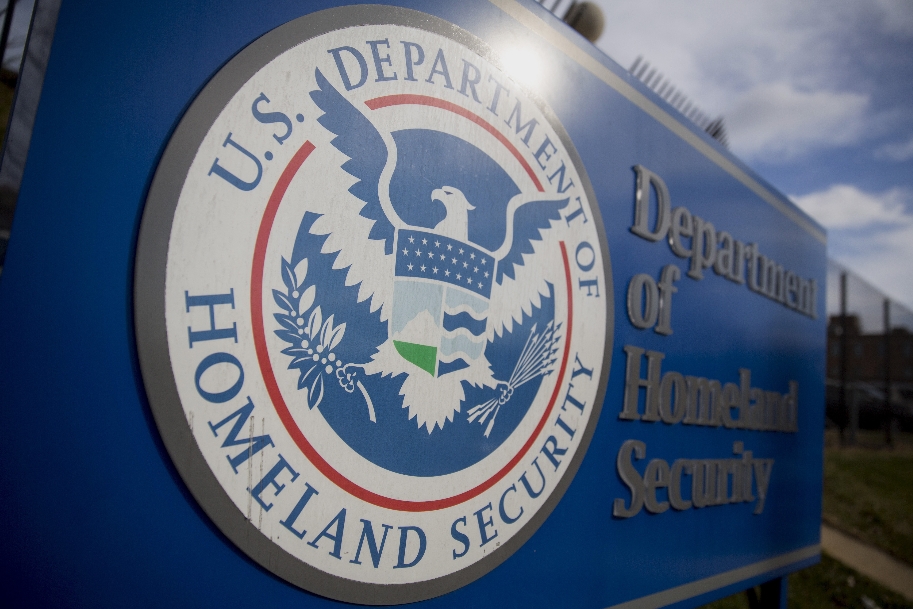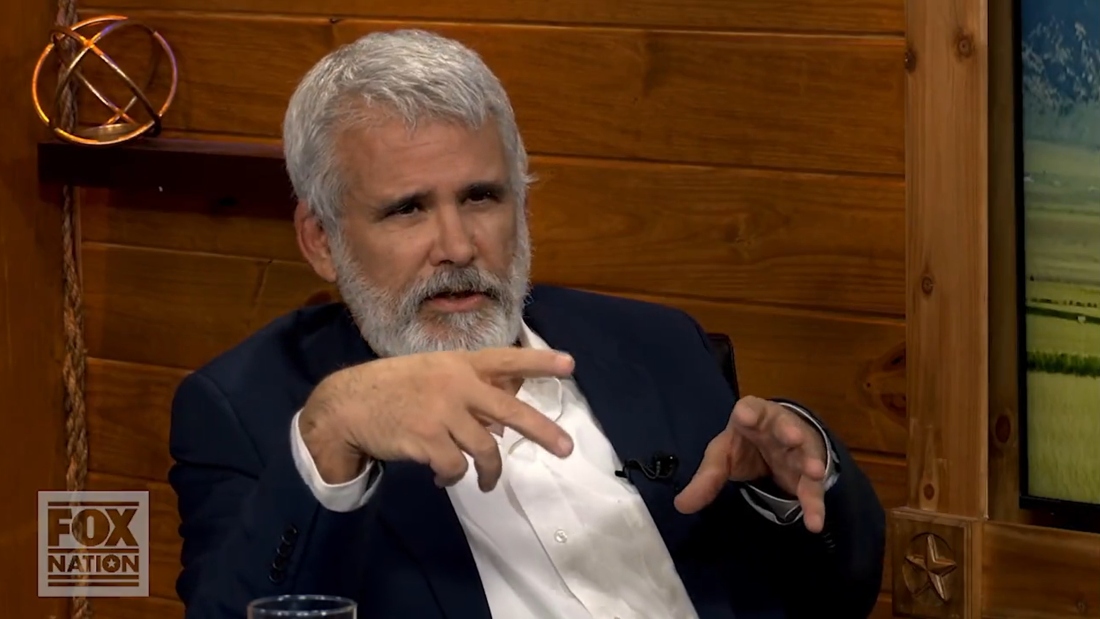New study demonstrates how conservative academics experience hostile environment for their beliefs
04/18/2022 / By Nolan Barton
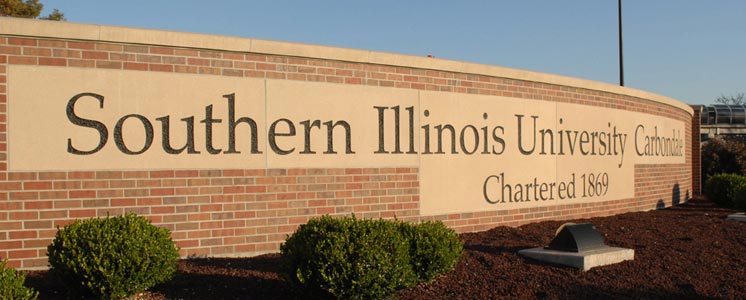
Many conservative academics in American, Canadian and British universities experience a hostile environment for their beliefs as demonstrated in a new study exploring political biases in academia. Titled “Academic Freedom in Crisis: Punishment, Political Discrimination and Self-Censorship,” the study authored by Dr. Eric Kaufmann was published on Monday, March 1.
The study surveyed professors and graduate students in Social Sciences and Humanities (SSH) faculties at universities in the United States, Canada, and United Kingdom to investigate political discrimination in academia and authoritarianism.
Kaufmann’s findings represented hard data on the absence of viewpoint diversity in universities and the presence of discrimination against conservative and gender-critical scholars.
The study found that in the top 100 U.S. universities, 73 percent of academics are liberal, 22 percent made no affiliation and only around 5 percent are conservative.
Less than half of left-leaning professors would be comfortable in a close social situation with someone who voted for Donald Trump, with that number plummeting to a quarter if the voter is critical of the issue about transgender.
Among his main findings, Kaufmann noted that more than 90 percent of Trump supporters and 80 percent of Brexit supporters (Britain leaving the political union with Europe) working in academia reported discomfort in expressing their views to colleagues while more than 50 percent of all conservative academics in North America and Britain admitted censoring their own work. On the other hand, only around 8 percent combined slightly-left and far-left academics thought their department is hostile to their political beliefs.
Kaufmann’s study also revealed that more than their older counterparts, younger academics – including Ph.D. students – tended to favor their ideological opponents being fired for holding “controversial” beliefs. That trend, according to Kauffman, signified that “progressive authoritarianism could get worse in the coming years.” (Related: College leftists now acting just like Stalinist and Maoist operatives with ‘purge’ demands for conservative thinkers.)
But in general, less than 10 percent of academic staff members supported hard authoritarianism – which included dismissal campaigns, social media smears and disciplinary action.
In terms of soft discrimination, Kaufmann said the conservative academics suffered more from prejudices regarding “hiring, promotion, grant applications, publishing, the allocation of teaching and research tasks, workplace civility and social inclusion.”
Soft discrimination was much more broadly practiced among the ranks of leftists. Kaufmann’s study found out that “not only a near-majority on the far left, but also some center-left and even centrist staff” would support softer censorship measures against their right-wing colleagues.
“One in three British academics would discriminate against a known Brexit supporter while 40 percent of American academics and 45 percent of Canadian academics would discriminate against a known Trump supporter,” said Kaufmann, a professor of Politics at Birkbeck College, University of London.
As a result, most conservative academics reported self-censorship, including 70 percent of professors surveyed in the U.S.
External intervention needed to curb leftist bias in academia
The leftist bias in academia has intensified dramatically since the 1960s, at which time leftists outnumbered conservatives 2-1. Now, that ratio has increased to a 10-1 average bias of leftists over conservatives.
According to Kaufmann, this vast left-leaning proportion within academia has discouraged conservatives from pursuing careers in SSH university departments, with “70 percent to 80 percent” of current conservative academics saying “their departments are hostile environments for their political beliefs.”
Kaufmann observed that no internal measures have proved capable of redressing the growing levels of discrimination against conservative academics. He suggested that it would “require external intervention” to address the issue.
On Thursday, March 4, Kaufmann wrote a column for the website City Journal to discuss why and how the government should step in to reform universities.
His piece was titled “A Necessary Intervention.”
“This is an urgent problem for policymakers. The intolerance and censorship that began on campus are now spilling out into the wider world of elite institutions, from tech firms and major news organizations to corporations and government agencies,” Kaufmann wrote.
“Universities are a crucial site of struggle that will help set the tone for the wider culture of elite institutions. Policymakers at the state and federal level should push back against the tide of progressive authoritarianism and political discrimination on campus.”
According to Kaufmann, the role of government intervention should be to enforce the laws that today’s universities routinely break.
“For instance, around nine in ten American universities currently maintain speech codes that violate the First Amendment. An interventionist approach would require universities to adopt the Chicago Principles, or a set of academic freedom principles that is functionally equivalent and to remove or amend all noncompliant speech codes and internal policies,” he explained.
To be effective, Kaufmann said legislation must mandate regular audits of individual universities for academic freedom violations.
Follow Conservative.news for more news and information related to conservatives.
Sources include:
Submit a correction >>
Tagged Under:
academia, beliefs, conservative academics, conservatives, discrimination, Dr. Eric Kaufmann, First Amendment, Leftists, political discrimination, Political Discrimination and Self-Censorship, soft discrimination, speech police, thought police
This article may contain statements that reflect the opinion of the author
RECENT NEWS & ARTICLES
COPYRIGHT © 2018 THOUGHTCRIMES.NEWS
All content posted on this site is protected under Free Speech. ThoughtCrimes.news is not responsible for content written by contributing authors. The information on this site is provided for educational and entertainment purposes only. It is not intended as a substitute for professional advice of any kind. ThoughtCrimes.news assumes no responsibility for the use or misuse of this material. All trademarks, registered trademarks and service marks mentioned on this site are the property of their respective owners.

